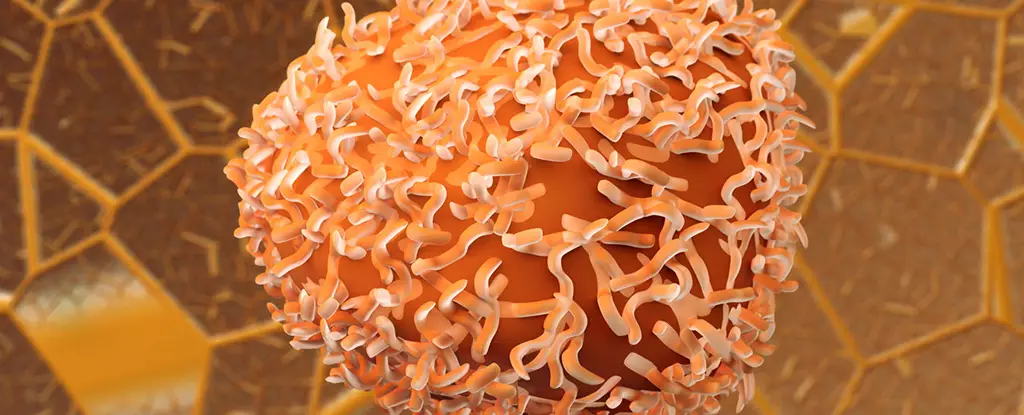A recent analysis conducted by researchers in the United States has revealed that a drug commonly used to manage type 2 diabetes could potentially provide protection against colorectal cancer (CRC). Glucagon-like peptide-1 receptor agonists (GLP-1 RAs), a class of medications which includes the well-known drug Wegovy, have long been associated with weight loss and reducing the risk of cardiovascular problems. However, this study indicates that they may also possess significant anti-cancer properties.
The study was based on an extensive analysis of data collected from over 1 million patients in a national US health record database. The researchers identified patients with type 2 diabetes who had received various treatments for their condition and matched them based on a range of characteristics such as age, sex, race, and socio-economic status. Ultimately, the analysis included 22,572 patients who had been treated with insulin and 22,572 patients who had received GLP-1 RAs for type 2 diabetes.
Through their analysis, the researchers found that patients treated with GLP-1 RAs experienced a remarkable 44 percent reduction in colorectal cancer cases compared to those treated with insulin. Furthermore, a comparison of patients treated with metformin, another common diabetes medication, revealed a 37 percent reduction in colorectal cancer cases among GLP-1 RA users. However, adjusting for factors such as the duration of monitoring attenuated the reduction to 25 percent.
To gain a more comprehensive understanding of the potential benefits, the study also explored specific patient groups, such as those who were overweight or obese. In these cohorts, GLP-1 RAs demonstrated a 50 percent reduction in colorectal cancer cases compared to insulin and a 58 percent reduction compared to metformin.
While these findings are certainly substantial, it is important to note that they do not definitively prove that GLP-1 RAs directly protect against colorectal cancer. Nevertheless, the study identifies a promising link that warrants further research and clinical trials. By scrutinizing GLP-1 RAs more extensively, future investigations may uncover the mechanisms through which these medications can potentially prevent the development of colorectal cancer.
Obsesity rates continue to rise steadily, and colorectal cancer remains the second-leading cause of cancer-related deaths in the United States, accounting for approximately 52,550 fatalities each year. Therefore, any advancements in treatment and prevention strategies are eagerly welcomed.
Rong Xu, a biomedical informatician from the Case Western Reserve University School of Medicine, highlights the significance of the findings, stating that “To our knowledge, this is the first indication that this popular weight-loss and anti-diabetic class of drugs reduces the incidence of CRC, relative to other anti-diabetic agents.” This statement further emphasizes the need for additional research and clinical trials to explore the potential benefits of GLP-1 RAs in preventing colorectal cancer.
While GLP-1 RAs are commonly used in the management of type 2 diabetes, their potential benefits in preventing colorectal cancer are an exciting prospect. Through a meticulous analysis of patient data, this study has uncovered a substantial reduction in colorectal cancer cases among patients treated with GLP-1 RAs compared to other anti-diabetic medications. Although further research is necessary to establish the exact mechanisms at play, these findings warrant continued investigation into the potential role of GLP-1 RAs in the prevention of colorectal cancer. With the prevalence of obesity and the high mortality rates associated with colorectal cancer, any progress in developing new treatment options or preventive measures provides hope for improved public health outcomes.


Leave a Reply